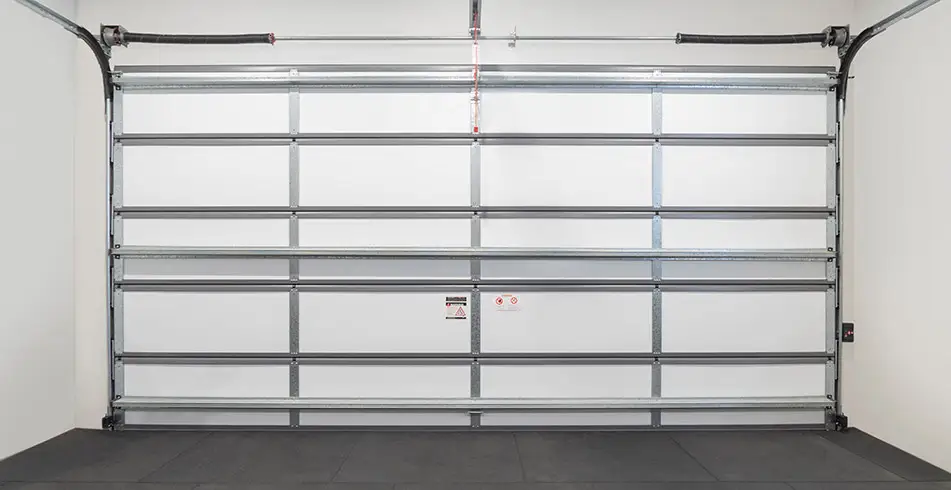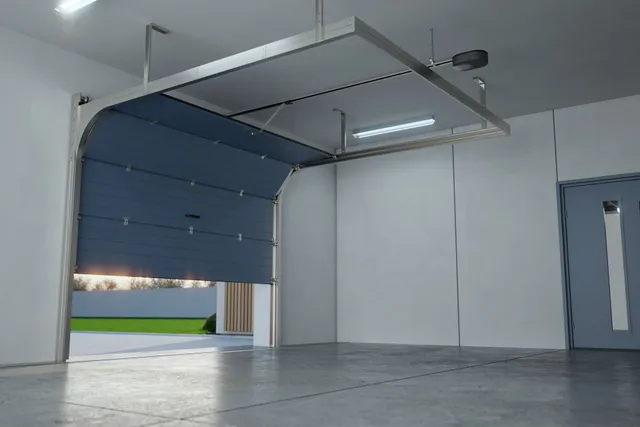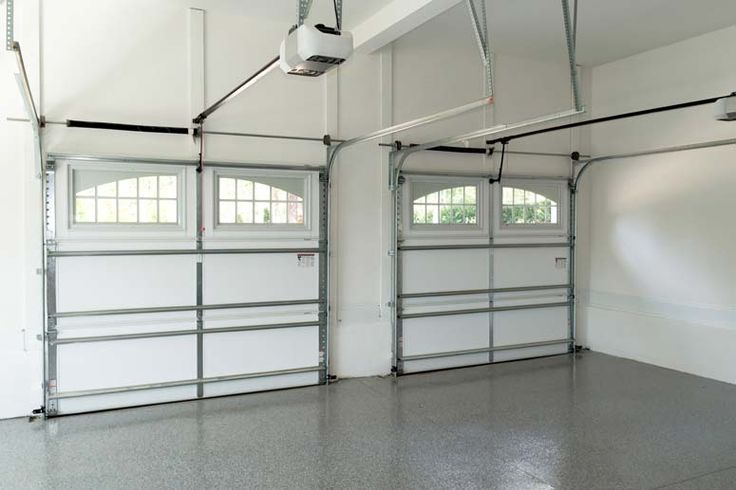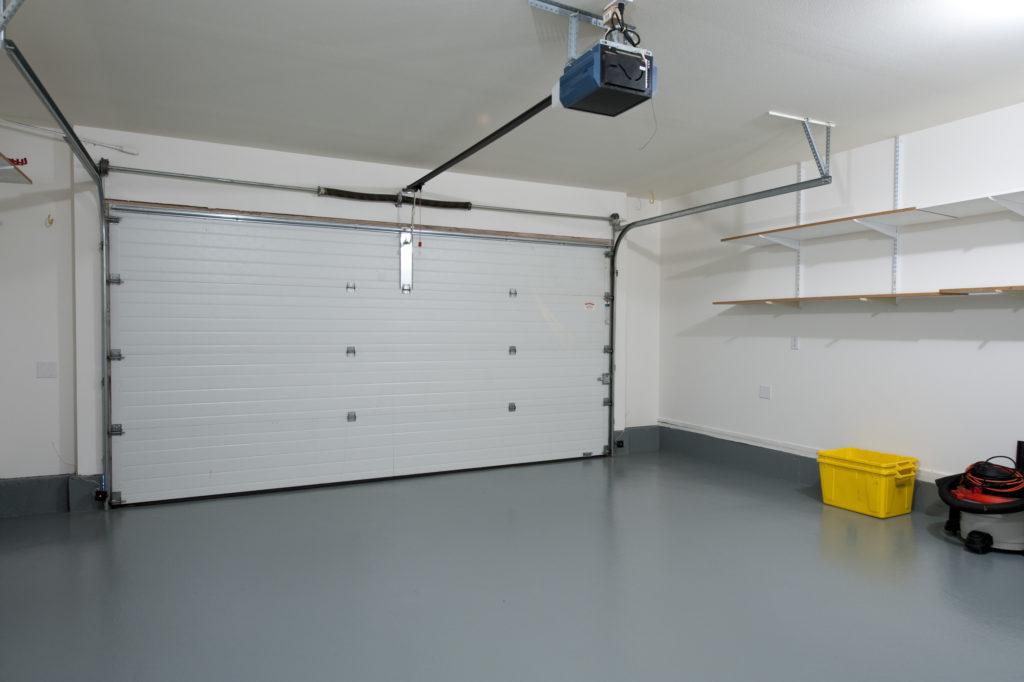In today’s world, the importance of energy efficiency cannot be overstated. As homeowners, we are constantly seeking ways to reduce our energy consumption and lower utility bills. One effective way to achieve this is by installing energy efficiency insulated garage doors. These doors not only help in maintaining a consistent temperature in your garage but also contribute to the overall energy efficiency of your home.
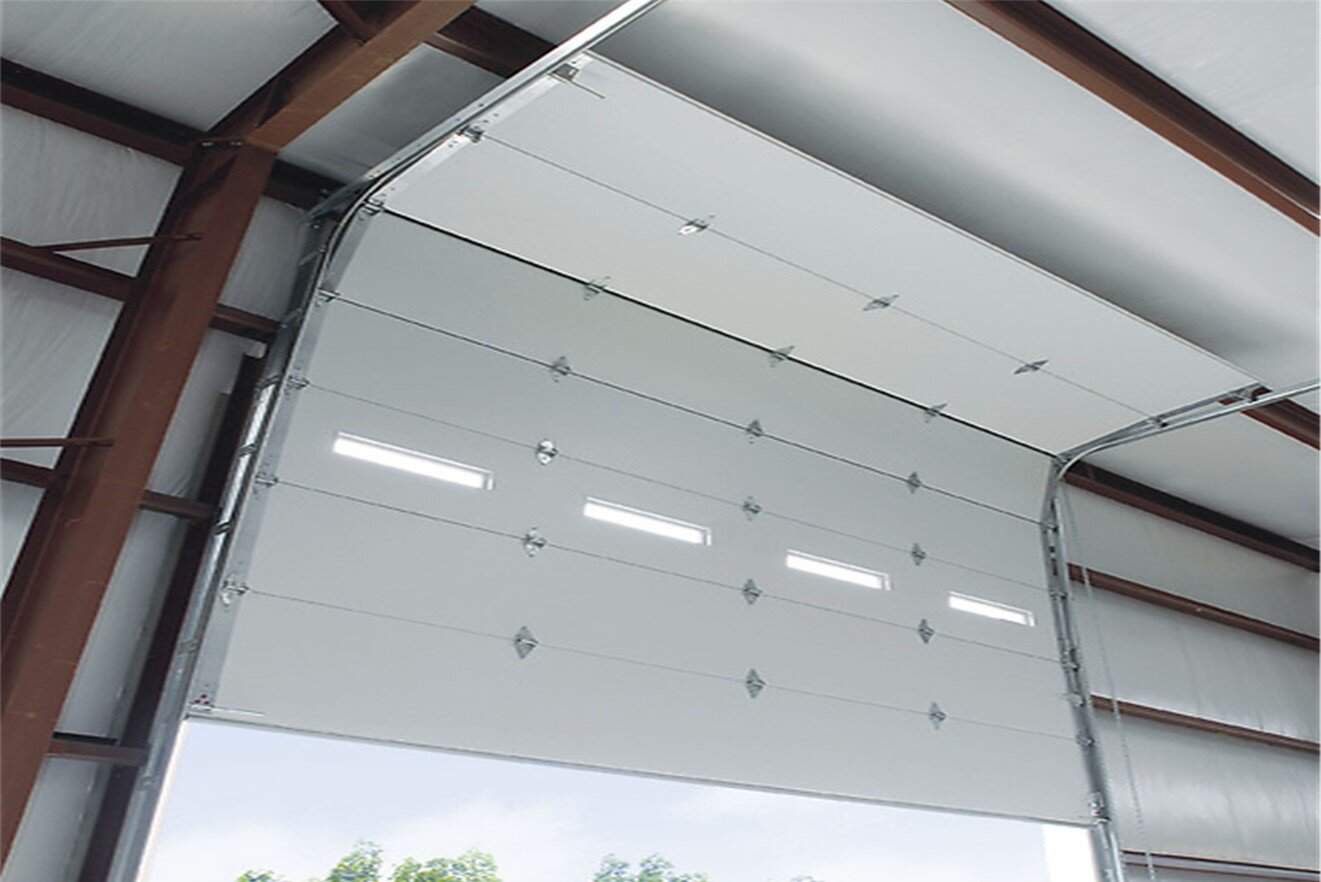
Understanding the Importance of Insulation
Insulation in garage doors plays a crucial role in energy conservation. It acts as a barrier to heat flow, helping to keep your garage warm in the winter and cool in the summer. An insulated garage door can significantly reduce the energy required for heating or cooling, making your home more energy-efficient.
How Insulated Garage Doors Work
Insulated garage doors are constructed with multiple layers of material that provide a barrier against temperature changes. Common materials used include foam, fiberglass, or polystyrene. These materials are sandwiched between the layers of the door, providing excellent thermal resistance and improving the overall energy efficiency of the door.
Benefits of Energy Efficiency Insulated Garage Doors
Reduction in Energy Bills
By installing energy efficiency insulated garage doors, homeowners can save significantly on their energy bills. The insulation helps to maintain a stable temperature in the garage, reducing the need for additional heating or cooling. This, in turn, lowers the overall energy consumption of the home.
Improved Comfort
An insulated garage door helps to keep the interior of the garage comfortable year-round. This is particularly beneficial for those who use their garage as a workspace or recreational area. The consistent temperature provided by insulation makes the space more enjoyable and usable.
Noise Reduction
Another advantage of insulated garage doors is their ability to reduce noise. The insulation acts as a sound barrier, minimizing the noise from outside. This is especially useful for homes located in busy areas or near roads.
Choosing the Right Insulated Garage Door
Consider the R-Value
The R-value is a measure of thermal resistance. The higher the R-value, the better the door’s insulating properties. When selecting an insulated garage door, consider the R-value to ensure it meets your energy efficiency needs.
Material and Construction
Different materials offer varying levels of insulation. Steel, wood, and composite materials are commonly used in insulated garage doors. Steel doors often have a layer of foam insulation, while wood doors may have a natural insulating property. Choose a material that fits your aesthetic preferences and energy efficiency requirements.
Professional Installation
For optimal performance, it’s crucial to have your insulated garage door professionally installed. Proper installation ensures that the door fits snugly and operates efficiently, maximizing its insulating capabilities.
Maintenance Tips for Insulated Garage Doors
Regular Cleaning
Keep your garage door clean to maintain its appearance and functionality. Use a mild detergent and water to clean the surface, and ensure that the tracks are free from debris.
Inspect Seals and Hinges
Regularly inspect the seals and hinges of your garage door to ensure they are in good condition. Replace any damaged or worn-out seals to maintain the door’s energy efficiency.
Lubricate Moving Parts
Lubricate the moving parts of your garage door, such as the rollers and hinges, to ensure smooth operation. This will also help to extend the life of the door.
Environmental Impact of Insulated Garage Doors
By reducing energy consumption, insulated garage doors contribute to a lower carbon footprint. This makes them an eco-friendly choice for homeowners looking to make a positive impact on the environment.
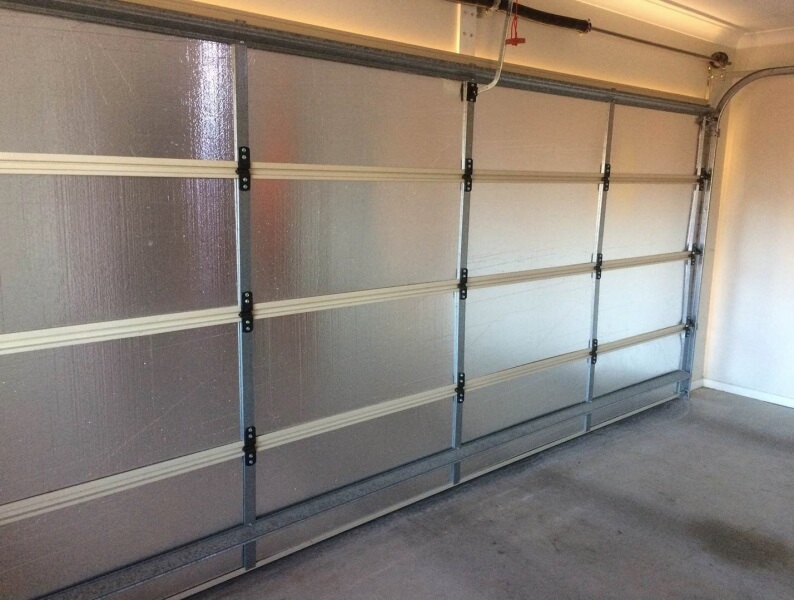
Frequently Asked Questions
Are insulated garage doors worth the investment?
Yes, insulated garage doors are worth the investment due to their energy-saving benefits, improved comfort, and noise reduction capabilities.
How do I know if my garage door is insulated?
If your garage door has multiple layers of material and feels heavier than a non-insulated door, it is likely insulated. You can also check for any labeling or documentation that indicates insulation.
Can I insulate my existing garage door?
Yes, you can add insulation to your existing garage door. However, for the best results, consider replacing it with a professionally installed insulated garage door.
For more information on insulated garage doors, visit this guide.
Learn more about matching your garage door to your home’s exterior here. If you’re experiencing issues with your garage door not closing, this article might help. Additionally, for those considering DIY insulation, this resource provides valuable insights.
This article contains affiliate links. We may earn a commission at no extra cost to you.




